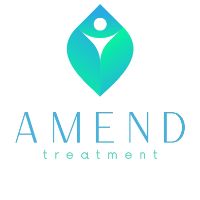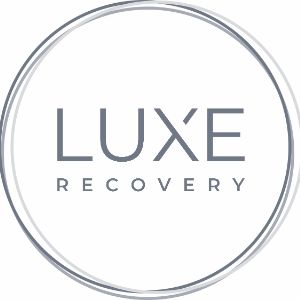Rehabs for Young Adults: A Guide to Recovery and Growth
Young adulthood is a pivotal time in life—a stage marked by major transitions, identity exploration, and increasing independence. However, it is also a time when many individuals face significant challenges, including substance abuse, mental health struggles, and co-occurring disorders. For those caught in the grip of addiction or psychological issues, specialized rehab programs for young adults offer a pathway to healing. These programs are designed to address the unique emotional, social, and developmental needs of individuals typically between the ages of 18 and 30. By providing age-appropriate therapy, peer support, and life skills training, these rehabs help young adults rebuild their lives with confidence and purpose.
Rehabs for Young Adults - Tailored Treatments for the Young Adult Experience
Rehabs for young adults focus on more than just detoxification or stopping substance use—they aim to uncover the root causes behind a young person’s behavior and equip them with the tools to thrive in adulthood. Treatments are often individualized and may include a blend of clinical therapy, group counseling, experiential therapy, and medication management.
Cognitive Behavioral Therapy (CBT) and Dialectical Behavior Therapy (DBT) are frequently used to help young adults understand their thought patterns and develop healthy coping strategies. Other modalities may include motivational interviewing, trauma-informed care, and mindfulness-based practices. These evidence-based methods are combined with holistic offerings such as yoga, fitness, creative arts, and nutritional counseling. The goal is to engage young adults in a dynamic healing process that resonates with their age group and lifestyle.
Rehabs for Young Adults - Mental Health and Co-occurring Disorders
Many young adults in rehab also grapple with mental health conditions like anxiety, depression, bipolar disorder, PTSD, or ADHD. Co-occurring disorders require integrated treatment that addresses both substance use and psychiatric symptoms simultaneously. Without this dual approach, recovery is often compromised.
Rehabs for young adults are well-equipped to manage such complexities. Multidisciplinary teams typically include psychiatrists, licensed therapists, addiction counselors, and medical professionals who collaborate on a comprehensive treatment plan. For example, a young person struggling with opioid addiction and major depressive disorder might receive medication-assisted treatment (MAT) alongside weekly individual therapy and mood-stabilizing medications.
Rehabs for Young Adults - Academic and Family Integration
Recognizing that many young adults are enrolled in college or are just beginning their professional journeys, rehab programs often provide educational support. Some offer on-site academic services, online coursework accommodations, or partnerships with local institutions. This allows clients to maintain educational momentum while undergoing treatment.
Family involvement is also a cornerstone of many programs. Through family therapy, workshops, and visitation schedules, loved ones are brought into the recovery process. This not only strengthens the client’s support system but also helps family members heal from the emotional toll of addiction or mental illness.
Top 10 Questions About Rehabs for Young Adults
Example: A 22-year-old college student who began abusing Adderall and alcohol to cope with exam stress may benefit from a young adult rehab that offers academic support and life skills coaching.
Example: A 25-year-old dealing with marijuana addiction may participate in CBT to reshape negative thinking, while also engaging in wilderness therapy to build confidence and resilience.
Example: A 20-year-old recovering from opioid addiction and generalized anxiety disorder might receive both counseling and anti-anxiety medication as part of their treatment plan.
Example: A 19-year-old enrolled in community college may be able to continue online classes with scheduled study time during treatment.
Example: A 24-year-old may choose not to inform their employer or extended family about their rehab stay, and the center will legally uphold that privacy unless given permission otherwise.
Example: A 21-year-old in rehab may begin the day with yoga, attend group therapy mid-morning, take a cooking skills class in the afternoon, and join a music therapy session in the evening.
Example: A 23-year-old attending weekly family therapy via Zoom with their parents can work through unresolved issues and build a more supportive home environment post-treatment.
Example: A 26-year-old recovering from alcohol use disorder and depression might begin with a 60-day residential stay followed by 3 months of outpatient therapy.
Example: A young adult with Blue Cross insurance might find a rehab program where most treatment costs are covered after deductible, while another may need to pay out-of-pocket for a specialized center.
Example: A parent searching for a rehab for their 19-year-old daughter may start by contacting their insurance company for a list of in-network facilities and then researching each program’s focus on young adult development.
Conclusion - Rehabs for Young Adults
Rehabs for young adults are designed to meet the developmental and emotional needs of individuals transitioning from adolescence to adulthood. These programs go beyond substance use treatment by providing comprehensive support that includes mental health care, educational continuity, family involvement, and life skills development. With a focus on long-term recovery and personal growth, young adult rehabs create a nurturing environment for healing and self-discovery. For those struggling in this life stage, seeking help through a specialized rehab center can be the first step toward a healthier, more fulfilling future.









